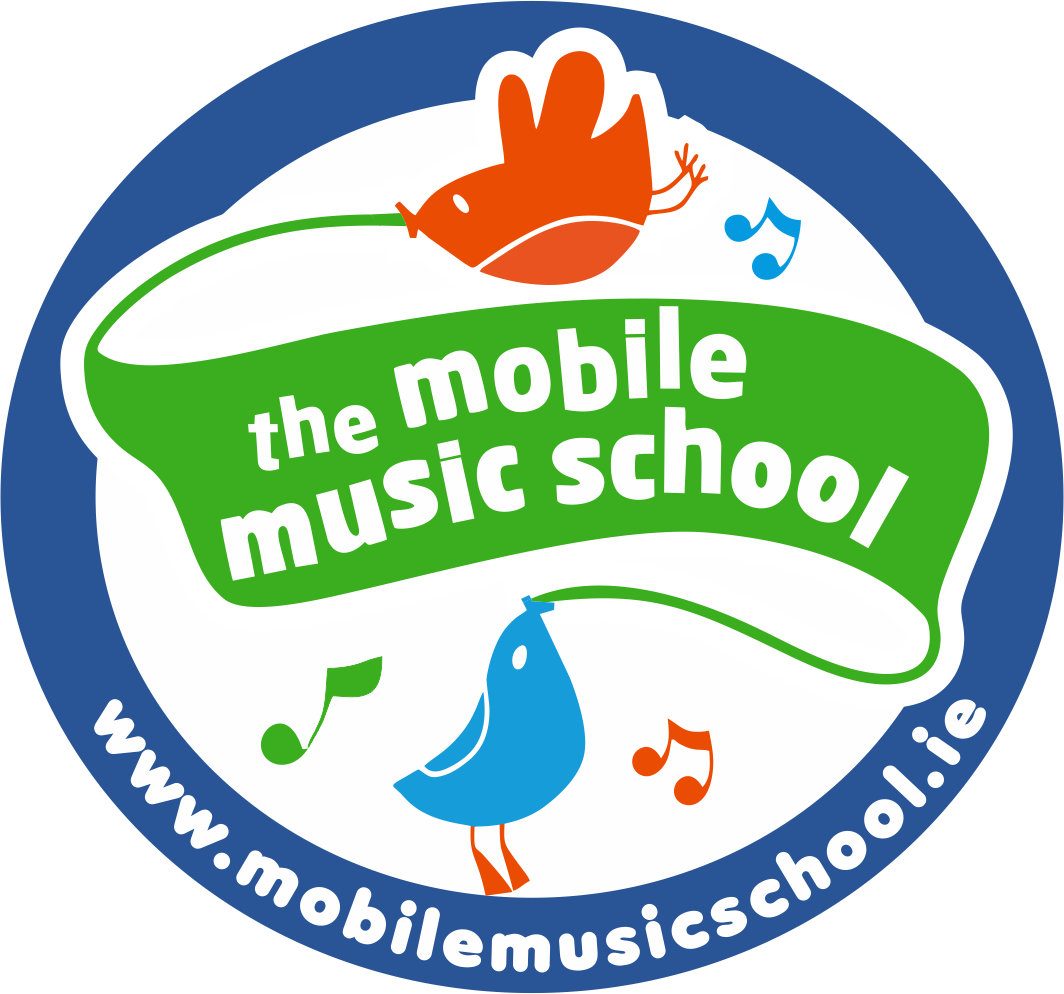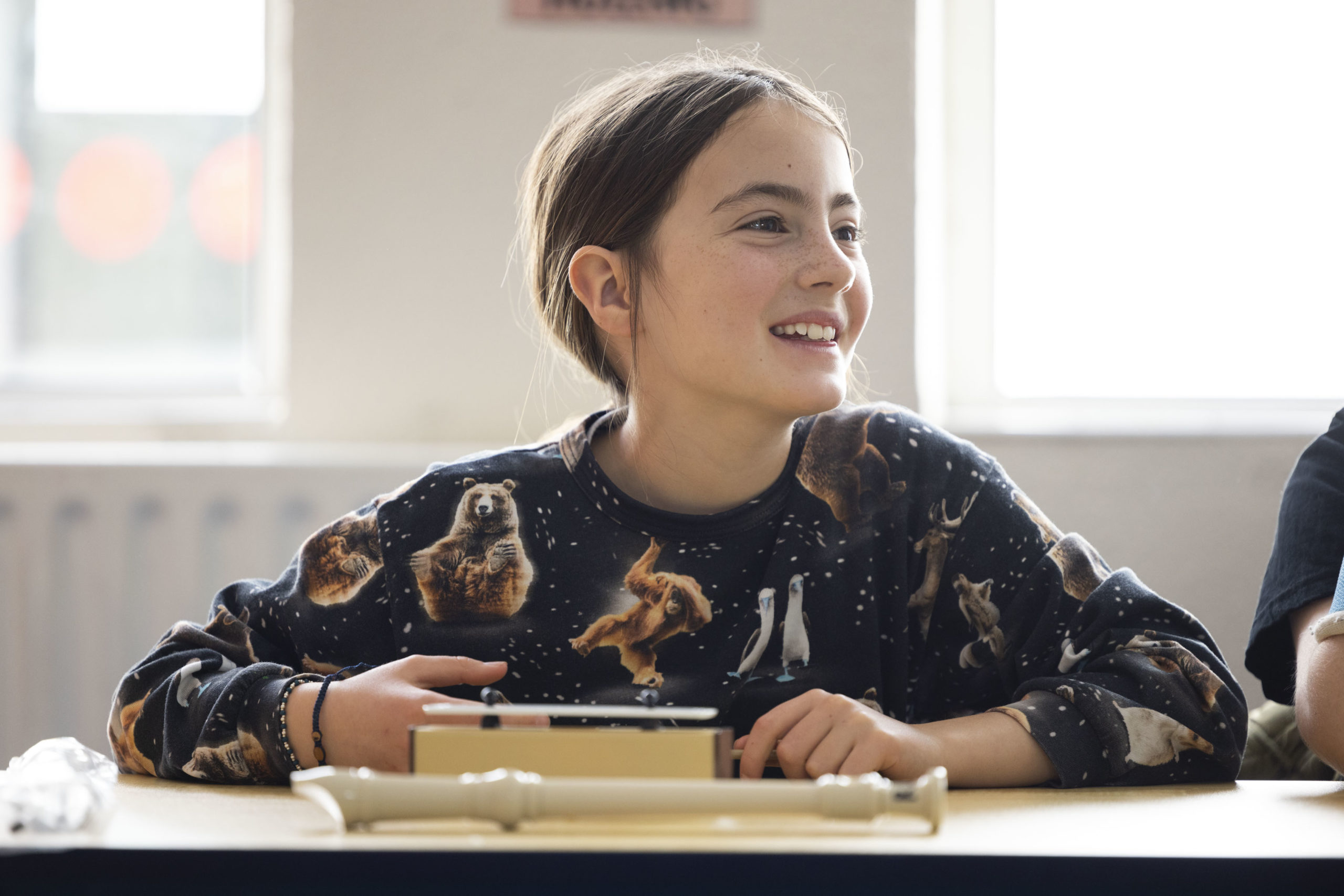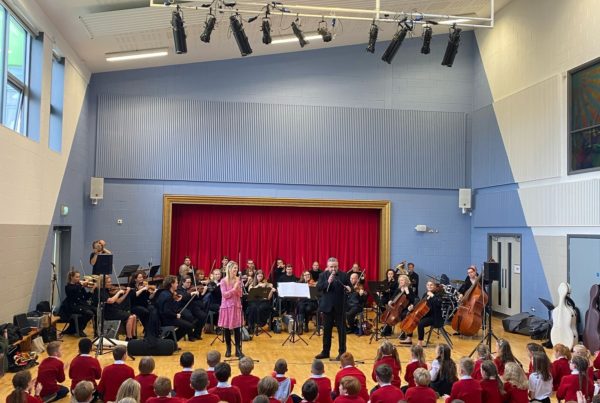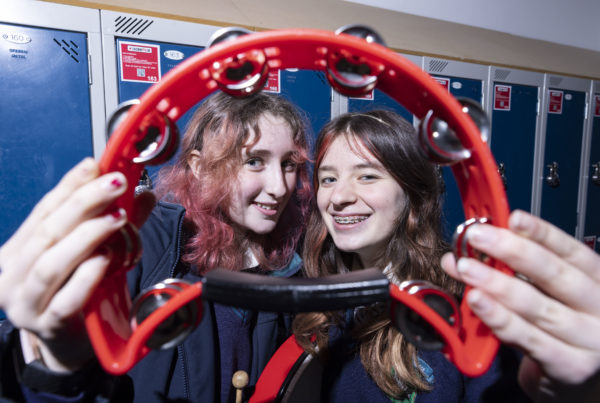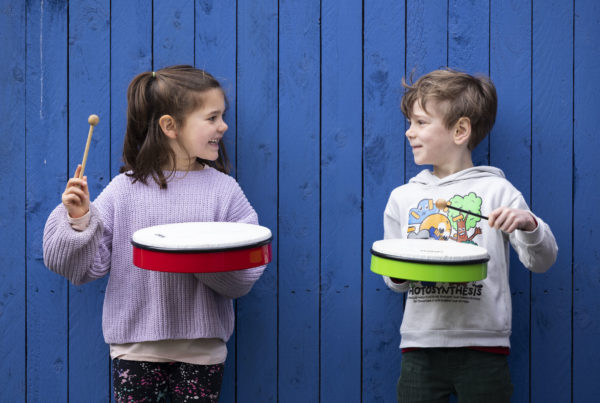Here at the Mobile Music School, we pride ourselves on delivering our music programmes for primary schools to the highest standard. However, there are a few things schools can do to help our programmes run as smoothly as possible. This means that the pupils will get the most from the programmes too! Check out the three tips below to get the most from our music programmes for primary schools.
Commitment
Schools that make a commitment to make our programmes a part of their school benefit the most from the work we do. This is because that commitment enables everybody – the school and ourselves to think long term and devise a programme plan that’s developed over a number of years. The children in schools who commit and work in partnership with us learn and benefit the most from our programmes. Music programmes for primary schools are the most successful when a plan and commitment is put in place.
Set out clear objectives
From the outset, and long before we teach a single class, tell us what your desired outcome is for music in your school. From there we will develop a proposal that will factor your desires, aims and objectives into account.
Trust the process
Learning a musical instrument is an ongoing process that’s similar to learning how to read and write. If any of us were assessed on our ability to read or write during our first week in junior infants, none of us would have progressed very far. Learning a musical instrument is no different. The skills required to play music at a high level are developed little by little over time. The only way this can be effectively done is in an environment where children feel encouraged and supported to learn, make mistakes and then learn some more! Teachers trust the teaching and learning process behind teaching literacy, and as a result we ask every school to trust the process we deploy to develop each child’s musical skills
If you’re in the process of establishing a plan for music in your school, drop us a note to arrange a call, by getting in touch here.
